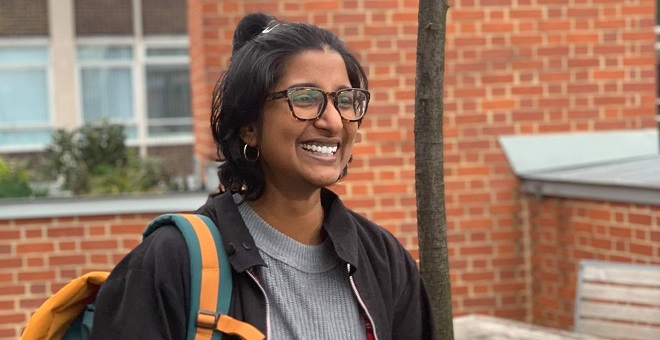You arrived in London mere days ago. You’re just getting used to navigating the manic maze of public transport, running around after new acquaintances, and flexing your rusty academic English skills. Merely finding LSE was hard enough – now there’s a series of registration processes to go through, all in the hope that you’ll get the exact combination of modules you want. Talk about a busy first week!
Probably the last thing you feel like doing is complicating the situation. But I would advise that before you slow down, you should make your life more difficult in one small – and wholly worthwhile – way.
You chose LSE for a reason, but don’t forget that LSE is just one member of a much bigger higher education family known as the University of London (UoL). Comprising 18 constituent universities and 10 research bodies, it’s a vast web of prestigious institutions well worth taking advantage of – and you can do just that during your time at LSE.*
Intercollegiate study isn’t widely advertised, so I want to draw attention to it personally. Many people don’t realise that it’s possible to take modules at other UoL colleges; whether that’s UCL, the Institute of Education, SOAS, King’s College or somewhere else, all of them teach to a very high academic standard and many are within walking distance from LSE.
Taking a module at a different college broadens the educational experience by forcing you to be open to different ways of teaching, yet still allowing you to feel happy with your course at LSE. My ‘Gender in the Middle East’ module at SOAS, for instance, is taught from an entirely different perspective to my Gender Studies modules at LSE, and SOAS attracts a very different type of student. As a result, I’m exposed each week to texts and opinions I otherwise wouldn’t encounter, and I can use them to complement the ones I read for my LSE modules. I’m consistently challenged to leave my comfort zone and am therefore learning how to better express myself. I also get to make new friends, and feel privileged to be taught by lecturers with such varied academic interests.
Many colleges have a specialisation – LSE is a social sciences university, SOAS focuses on Asia, Africa and the Middle East – so it is a fantastic opportunity to widen the scope of your research. I come from an arts and humanities background, so it made sense to me to look for courses that include fiction as well as theory. Whatever your focus, you can find something that interests you.
So whether you’re an undergraduate or a postgrad, it’s well worth considering the educational opportunities beyond LSE’s walls. If you can benefit from the expertise of two or even three institutions, why not?
There is a form-filling process to go through, which is why in the first instance it may seem like extra hassle – but it’s entirely worth it. The best way to facilitate the process is to start browsing modules at other colleges the summer before you begin; you’ll be amazed at the variety of module choices open to you.
LSE may well decide to depart from the UoL family at some point (as Imperial College did in 2007), so take advantage of the connection while you can!
*Note: students interested in taking a course at another UoL institution as part of their LSE degree need to discuss this with their LSE Academic Department.





